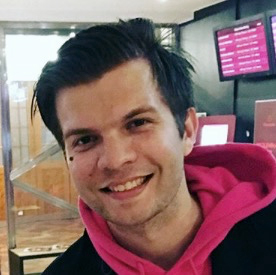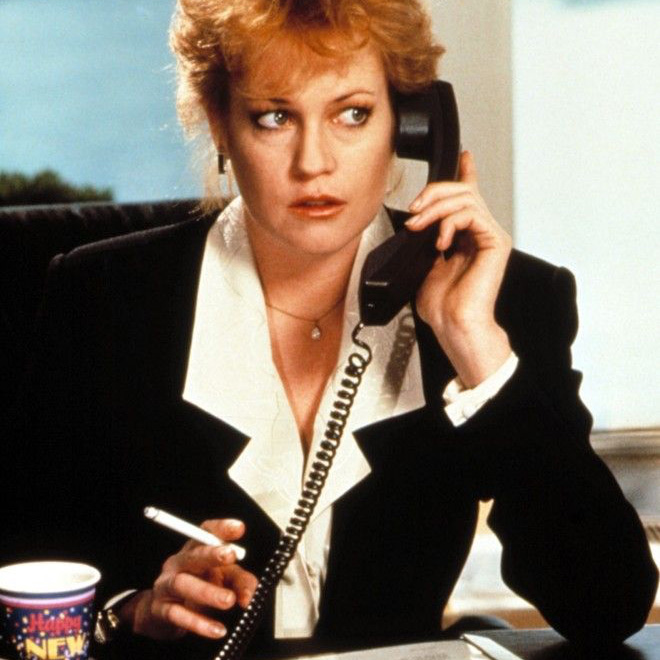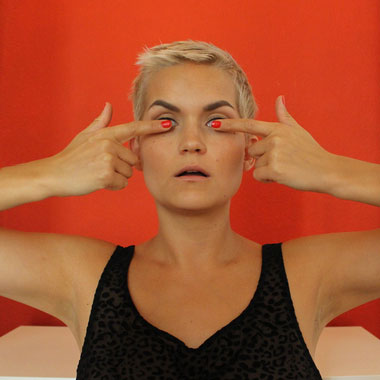Först av allt: läs det här. En tecknad serie som visar exakt hur långt spelbranschen kommit 2014. Alla exempel på hur The Lady Gamer bemöts är tagna från verkligheten (det här till exempel). Och The Lady Gamer antar jag ska vara en av spelhistoriens minst kända speldesigners, åtminstone i relation till hur känt hennes spel är. Elizabeth ”Lizzie” Magie uppfann Monopol 1903.

Och när ni läst serien ska ni nu läsa ett citat som Shaenon Garrity (hon som tecknat det där här ovan) droppade i en intervju med The Comics Reporter. Och fundera om det stämmer överens med någon annan bransch vi känner till.
”To be perfectly frank, I find the institutionalized sexism that permeates the comics industry, from the upper echelons of management to the target audience of socially inept young men, mostly just baffling. It’s not something I was raised to have any patience with. And for the last six years, I’ve worked for Viz. Half of our product line is manga specifically aimed at girls, and most of our popular ”boys'” titles have an audience that’s about half female, so the interests and tastes of female readers is always of great importance. About half the work we publish is by women. About half the editorial staff is female. All three of the supervising editors I report to are women. I’m not saying Viz doesn’t have problems of its own, but the idea of having to indulge the petty power trips of aging male nerds with ingrained Girl Issues is totally alien to me.
Right now, the comics industry seems to be in the midst of a major upheaval, and the schizophrenic position of women in comics reflects this. On one hand, thanks to the whole manga explosion, there are now tons of female comics fans, and publishers are scrambling to provide them with comics. Also, female creators have generally done very well in the burgeoning bookstore market, a fact driven home when a recent Time profile on new graphic novels featured, by chance, only work by women.
On the other hand, the comics industry continues to be hidebound by the limitations of the direct market and the Diamond monopoly, which, among other things, means that the established boys’ club isn’t changing much. That goes for the small press and indie end of comics as well as the superhero publishers; everyone is having trouble getting out of this sort of 1990s model of what comics are all about. So it’s the best of times and the worst of times for women in comics, both as creators and as readers. Probably the most promising development is that, between the graphic-novel market and the Web, there’s less and less reason to get involved in the ”mainstream” comics industry at all.
You may note that, in spite of everything I just wrote, I happily write superhero stories for Marvel whenever I get the chance. I’m a complicated woman.”



















